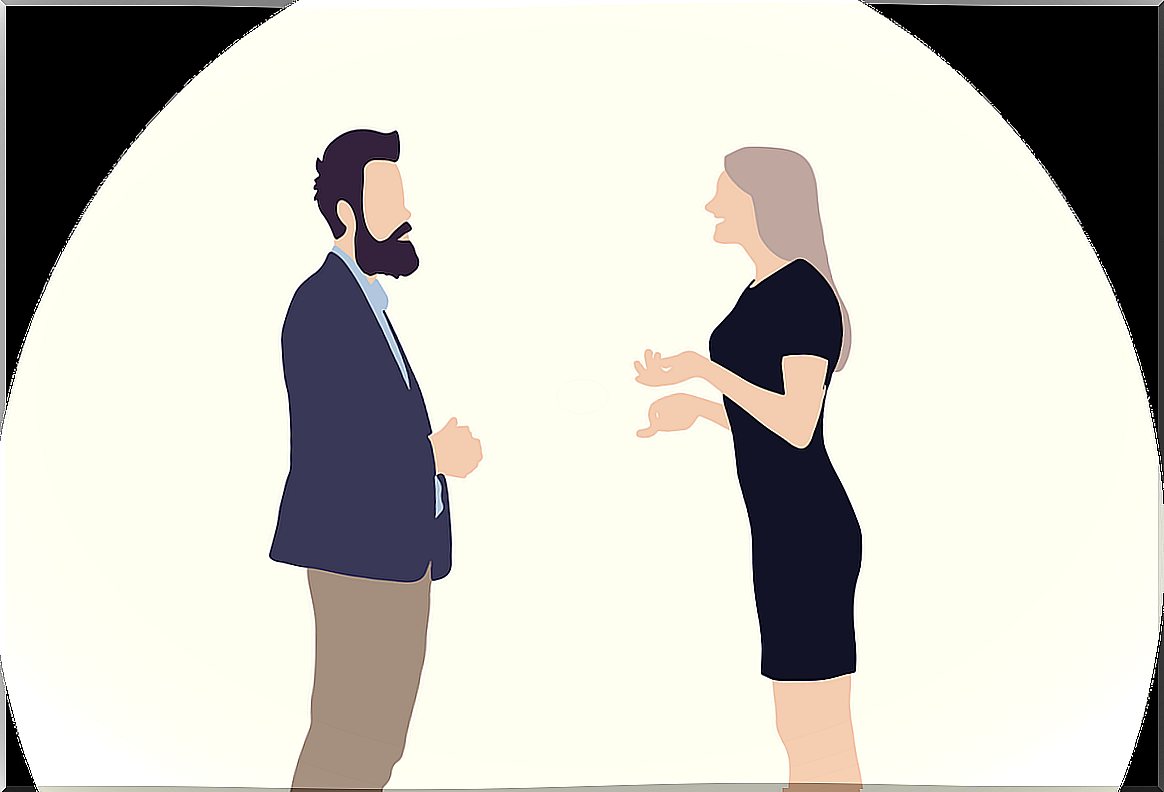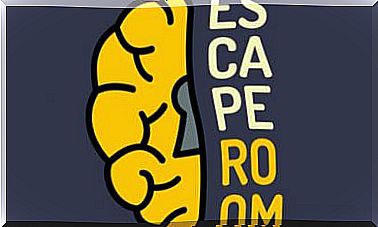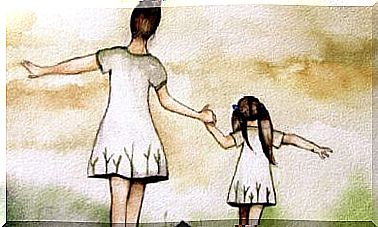King Solomon’s Paradox: Advice I Give That I Don’t Have

The paradox of King Solomon defines a behavior with which many of us can feel identified. It occurs when one is especially good at giving advice. We have a great disposition, ingenuity and empathy to connect with others and always find the right and appropriate words. However, that same competence is useless in ourselves.
In other words, this idea perfectly defines the classic saying ” I give advice that I don’t have .” Because let’s face it, sometimes it is always easier to attend to and act on other people’s perspectives than to take responsibility for your own. It is more relaxed, and even interesting, to reflect on the worlds of others than to take responsibility for personal acts.
If this is our biggest problem, if we have been the best friend of others and the worst enemy for ourselves for years, it is worth knowing that there is a solution. There is a valuable strategy to vary this curious (but common) paradox.

What is the paradox of King Solomon?
When we pronounce the name of King Solomon, it is common to think of that classic figure of great wisdom. The story goes that people made long trips from distant cities just to ask him for advice. He gave them with great success, gaining fame and garnering admiration for his original and brilliant reasoning.
However, despite this distinction when advising others, he himself ended up being known in turn for a less virtuous and even inappropriate lifestyle. He made bad decisions and not once, but several times, he had an uncontrolled passion for money and women, and most importantly, he forgot to instruct his only son. Fact whereby his own kingdom ended in disaster. All of this nurtures the well-known paradox of King Solomon.
When you apply more wisdom to other people’s problems than to your own, why does it happen?
There are many people used to always being that friendly shoulder that everyone turns to. Good for seeking support, good for advice. Their suggestions or recommendations act as a type of reasoning that facilitates the proactivity of others and that others face the common challenges of life on their own.
However, all that intellectual and logical brilliance that they apply in others, in themselves is not only absent. In addition, people who make use of the paradox of King Solomon, fall into the most obvious mistakes, in the least adjusted behaviors. For what is this? Why do I give valuable advice to others that I don’t have it for myself?
- The key is in the psychological distancing. That is, if I do not get involved in the reality of that person who asks me for advice, I see things more clearly to know what strategy would be the most appropriate.
- That mind that sees things in perspective, but detached from the internal universe, appreciates more options and more solutions to problems.
- It is like an external observer who intuits what others do not perceive, who becomes an ideal hunter of ideas as long as, yes, they do not have to do with oneself.
The curious cognitive bias of the King Solomon paradox
All of us feel affection for our friends, family and all those close people who have ever sought our advice. Now, the paradox of King Solomon hides a cognitive bias and is the following: people reason better if certain things do not have to do with us.
It is easy to suggest things to someone like “what you have to do is dare, life is too short to be a captive of fear; in the end you lose the best opportunities, change the chip » . As advice, it is effective, sparkling, and even inspiring. However, if we ourselves find ourselves at a crossroads, it will not do us any good if we say “come on, be brave and dare.”
The mind does not act with such alacrity and resolution when adversity is nominative. When one is the one navigating the difficulty, the thought is caught in the web of fears, in the trap of insecurities and in the labyrinth of defense mechanisms. Hence, sometimes, we are short of advice for our own life.

How to make use of our reserves of wisdom for our own challenges and problems?
We often need it. It would be really helpful to also have the wisdom of King Solomon for ourselves. To be our best advisors, skillful coach for the inner self, gurus of good advice, of the most infallible decision-making. How to do it?
Igor Grossman, from the University of Michigan, is an expert psychologist in the study of wisdom and also in the Paradox of King Solomon. In his research, he points out that perhaps the celebrated last monarch of the United Kingdom of Israel would have fared better if he had imagined himself traveling to seek advice from another wise king. What does this mean?
It implies that a strategy to find solutions to our daily challenges is to imagine, for a moment, that our problem is not ours, but someone else’s. With this, we apply psychological distance again, that valuable and effective resource that amplifies ideas, increases perspective and opens new options.
Also ask ourselves questions in the third person such as ” Why does he or she feel this way?” What could you do to feel better? »Acts as effective catalysts to seek solutions, to act at last, as our best allies in times of need. Let’s put it into practice.









